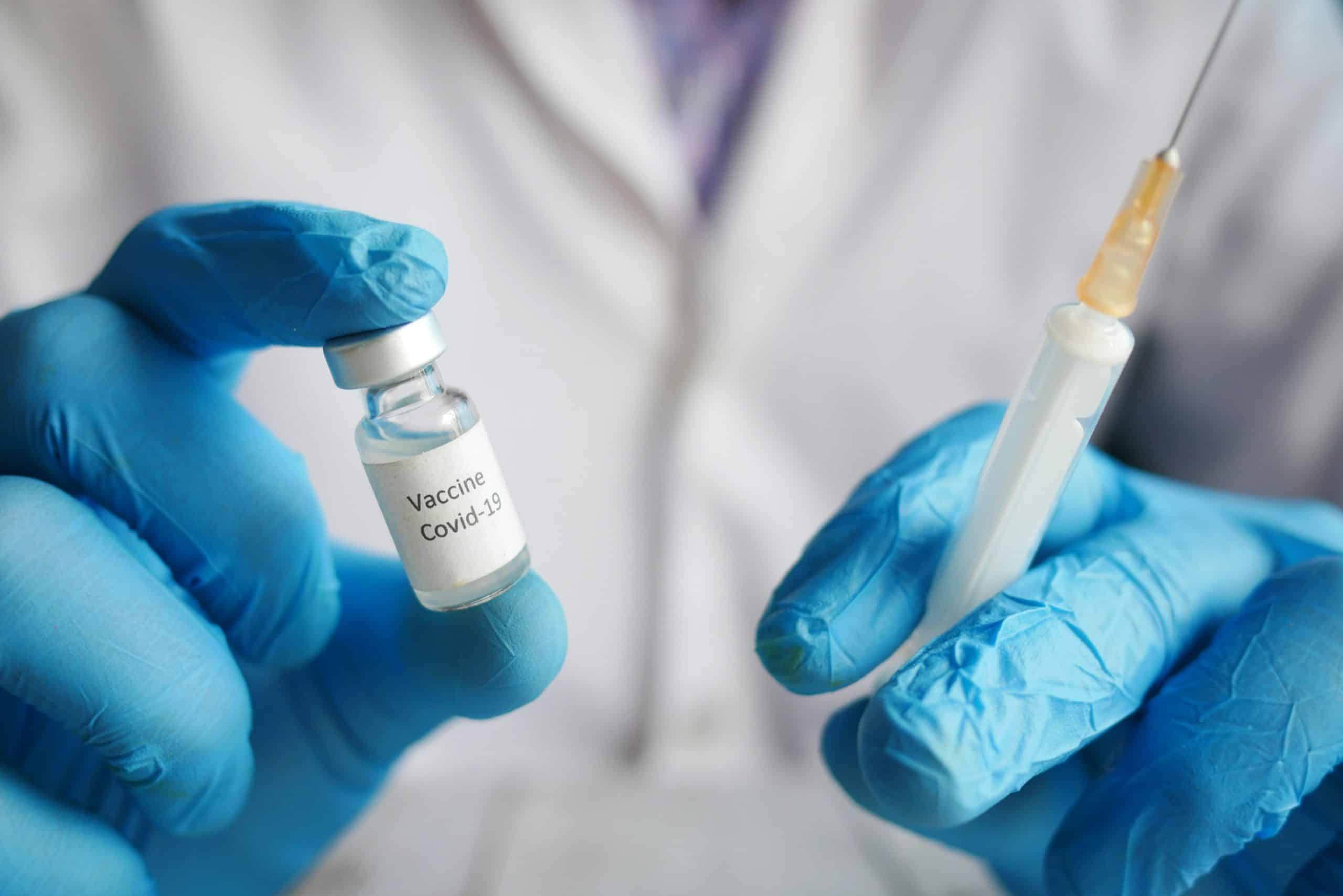LISS Grant 2021. Authors: Mitchell Matthijssen, Florian van Leeuwen, Peter Achterberg (Tilburg School of Social and Behavioural Sciences).
Experts claim that vaccination is the most effective tool to combat infectious diseases, like COVID-19. Vaccination not only protects the vaccinated person; it also indirectly protects unvaccinated people if enough people are vaccinated. However, do people consider this or do they vaccinate themselves only out of self-interest? Recent research has shown that pro-social motivations (e.g., wanting to help and care for others) play an important role in vaccination decisions. The implication is that pro-social traits should be taken into account when trying to increase people’s willingness to get vaccinated. However, there are reasons to doubt whether people vaccinate themselves for the benefit of others. With this project, we want to test whether pro-social personality traits indeed influence vaccination decisions, by focusing on real-life vaccination and hypothetical vaccination decisions. Furthermore, we will also examine to what extent these relationships are influenced by perceived vulnerability and tendencies to provide socially desirable answers.
